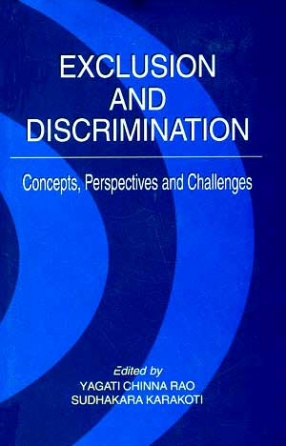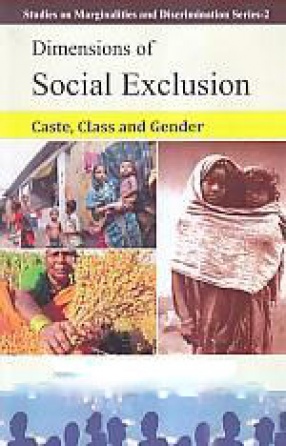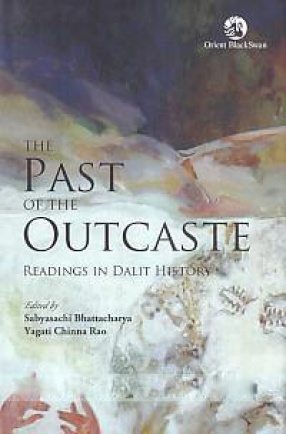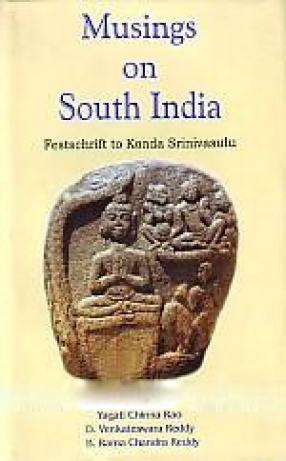In social sciences literature, there is a general agreement on the core features of social exclusion, its principal indicators, and the way it relates to inequality. Social exclusion is the denial of equal opportunities to some groups in a society by some dominant groups, which leads to the inability of the affected/excluded individual to participate in the basic political, economic and social functions within the society. Recent developments in social science disciplines enable us to better comprehend the meanings and manifestations of the concept of social exclusion, and its applicability to caste and ethnicity-based exclusion in our country. Accordingly, in social sciences literature, the concept of social exclusion-essentially refers to the processes through which groups are wholly or partially excluded from full participation in the society in which they live. It emphasizes two crucial dimensions involving the notion of exclusion, namely the “societal institutions” and their “outcomes”. Many works on this subject are either by economists and specialists on health related aspects or they are on International perspectives. Generally studies on “Exclusion and Discrimination” are relatively new to India.
Dimensions of Social Exclusion: Caste, Class and Gender
The volume deals with social ...
$60.30
$67.00








There are no reviews yet.